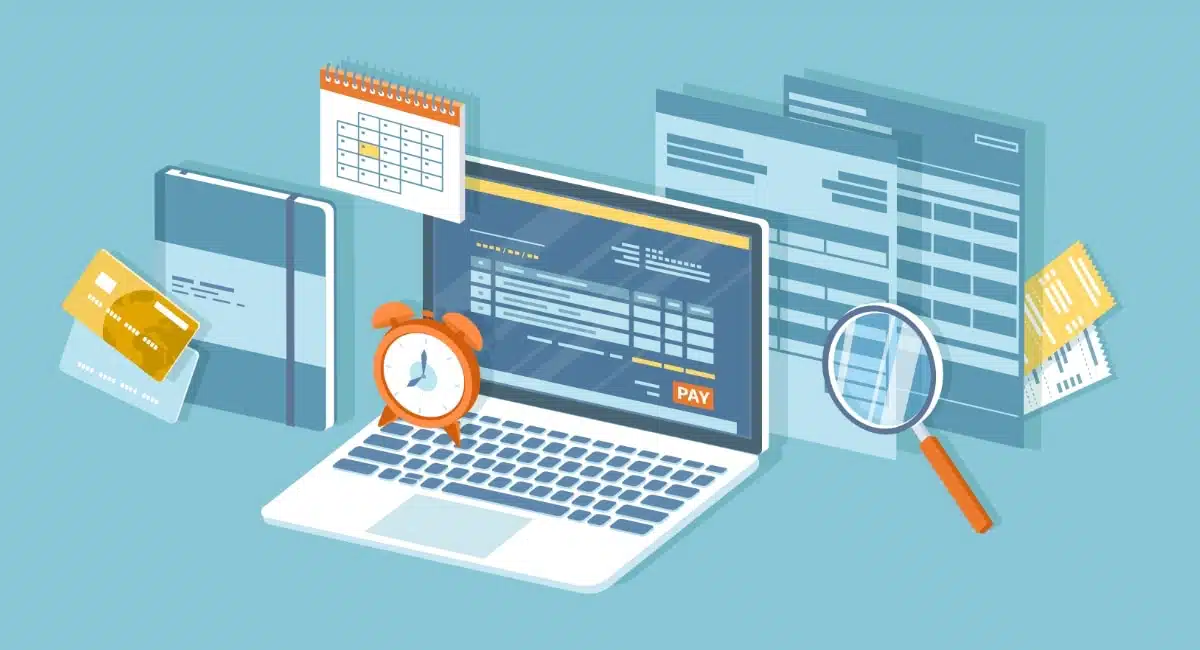For years now, banks, credit card companies and other payment services have been promoting card terminals for accepting credit and debit card payments. Though less and less in number, there are still some British businesses who only accept cash.
In this article, we explore the main reasons why some small businesses were previously wary of using card terminals. We then go on to explain how the market conditions have evolved for the better, implying that those still shunning card payments should reconsider their decision.
Reasons why small businesses avoided card terminals
High costs
The costs for implementation and rental of card terminals used to be much more expensive than they are today. In addition, the charge per card transaction was simply unbearable for many small businesses.
Unclear chargeback conditions
The conditions for chargebacks (in the case of payment errors etc) were complicated and expensive as well as forcing the merchant hold a considerable portion of the risk.
Tricky to implement
The card terminal itself was often offered by a different entity than the payment service. Implementation was difficult and prone to both systematic and human error.
The above concerns were indeed well-grounded in many cases. In recent years, however, market conditions have changed in the card payment sphere. We are now able to make a strong case for their implementation by small businesses.
Reasons in favour of card terminals for small businesses
Higher consumer spend
Impulse purchases are more common when using a credit or debit card, as insufficient cash is not a barrier to buying something. It is also believed that consumers feel less pain when making a card transaction as opposed to paying in cash. On top of this, cards make it much easier to go shopping abroad without the need to acquire physical foreign currency. Overall these factors lead to an increased consumer spend with cards.
Low costs
Costs for both card terminals and for each transaction are now lower than before, comparing favourably with those for cash-based transactions. The recent advent of the more flexible mobile point Of Sale (mPOS) services such as iZettle also eliminates the need for monthly fees and minimum commitments – you are only charged for transactions that actually occur.
Keeping up with the competition
With more and more small businesses now offering card payments, having a card terminal can help a firm keep up with the competition. Introducing a card terminal may even allow a competitive edge if rivals do not offer card transactions to their customers – although with card terminals becoming almost ubiquitous, there are not many places where this is still the case.
Easy implementation
Card terminals are now much easier to implement. Extensive staff training is no longer required in most cases.
Minimised credit risk
Chargebacks are no longer a big issue for small businesses, as the credit risk is usually covered by the payment service and/or bank.
For the above reasons, it is now highly advantageous for small businesses to offer card payments to their customers. Small businesses meet consumer demand while minimising their costs and save time by dealing with less cash – all factors that contribute to a boost in bottom line.




